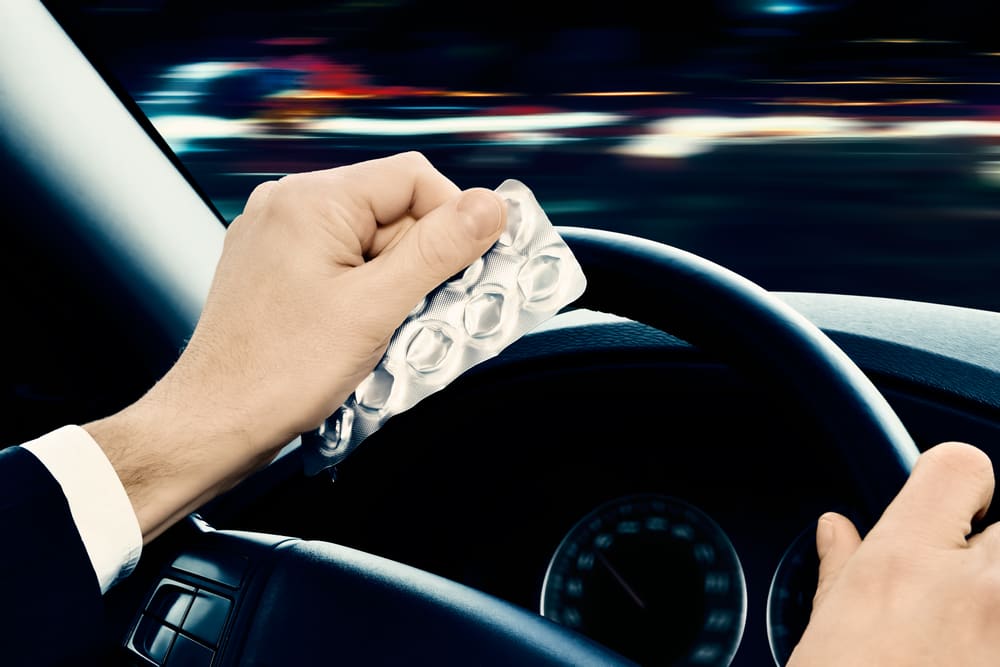

If you suffer from anxiety, then you know that “sinking” feeling that occurs when you encounter something that stresses you, or even when you’re not exposed to a stressor at all (free-floating anxiety). You also know that feelings of anxiety can be debilitating – they prevent you from enjoying life, and make it difficult for you to perform day-to-day tasks at work or at home.
Sometimes, anti-anxiety medications should not be used if you are driving, because they can have side effects. Let’s look at the facts.
Most anti-anxiety medications are benzodiazepines, or tranquilizers. They work by suppressing your central nervous system, and they relax and calm you. They could, however, make driving problematic, because they are also used to treat sleeplessness. In other words, they can make you drowsy, which is not a good idea when you’re behind the wheel.
Benzodiazepines also reduce brain activity in order to ease anxiety. They work quickly, and even in small doses, they can lead to a feeling of fogginess. They can also affect your coordination. Obviously, this can affect your ability to drive. Additionally, even if you take benzodiazepines only in the evening, you can feel a “medication hangover” the following day, which can also affect your ability to drive.
Common side effects of most anti-anxiety medications can also include dizziness, memory loss, lightheadedness, confusion, blurred vision, and impaired judgement
Sometimes, benzodiazepines deliver paradoxical side effects – you take them to ease the feeling of anxiety, but they can also cause agitation, irritability (up to and including rage), and even greater anxiety.
So, is it safe to drive while taking anti-anxiety medication? For some people, benzodiazepine medications are not safe to use when driving, even if they are used responsibly. If you’re still unsure, or are feeling uncomfortable driving, consult a physician about safety while driving taking anti-anxiety medication.



